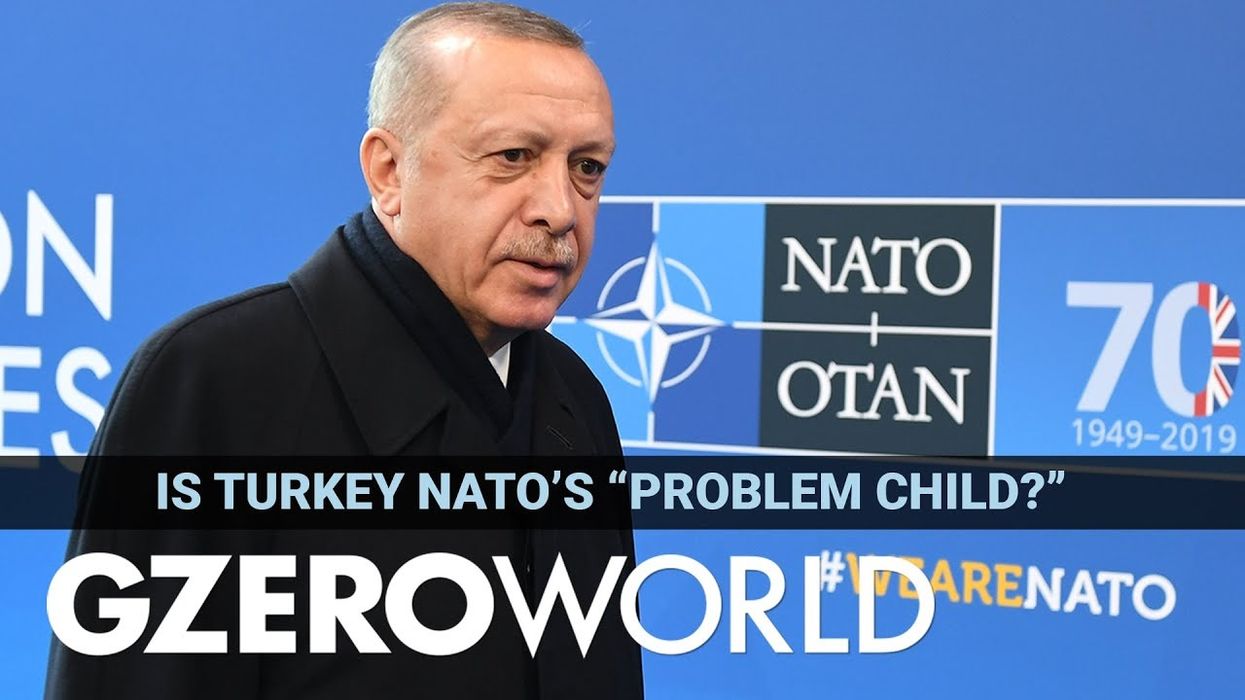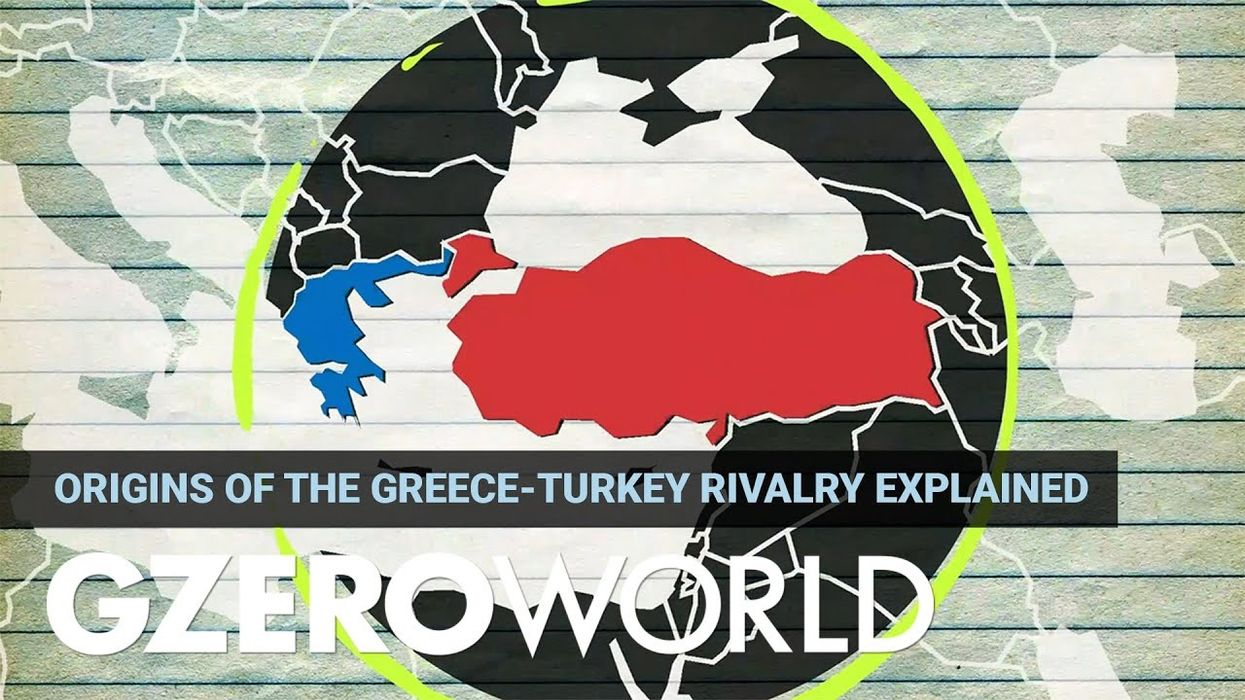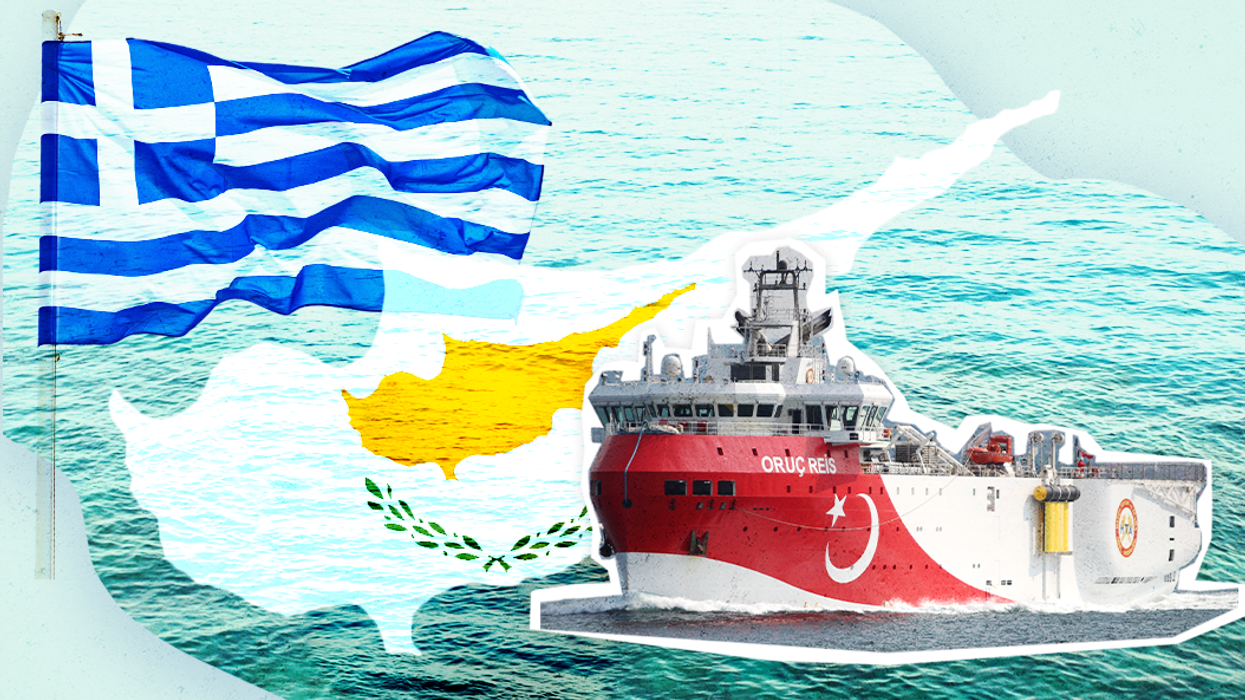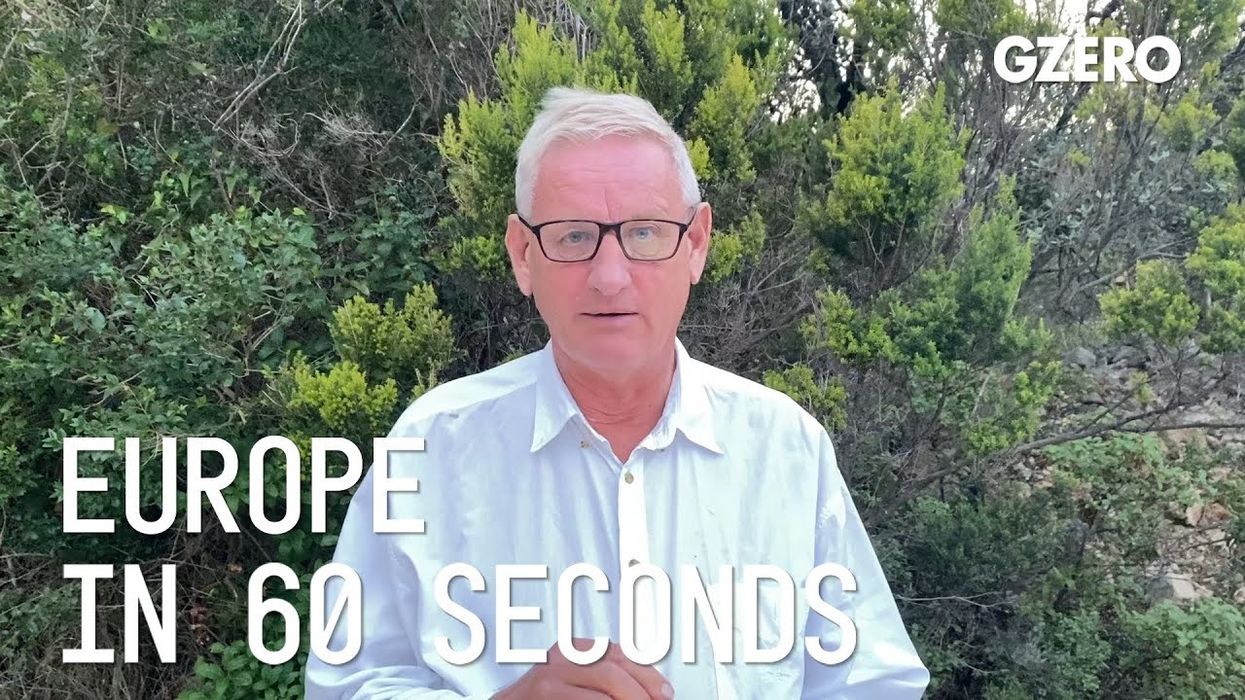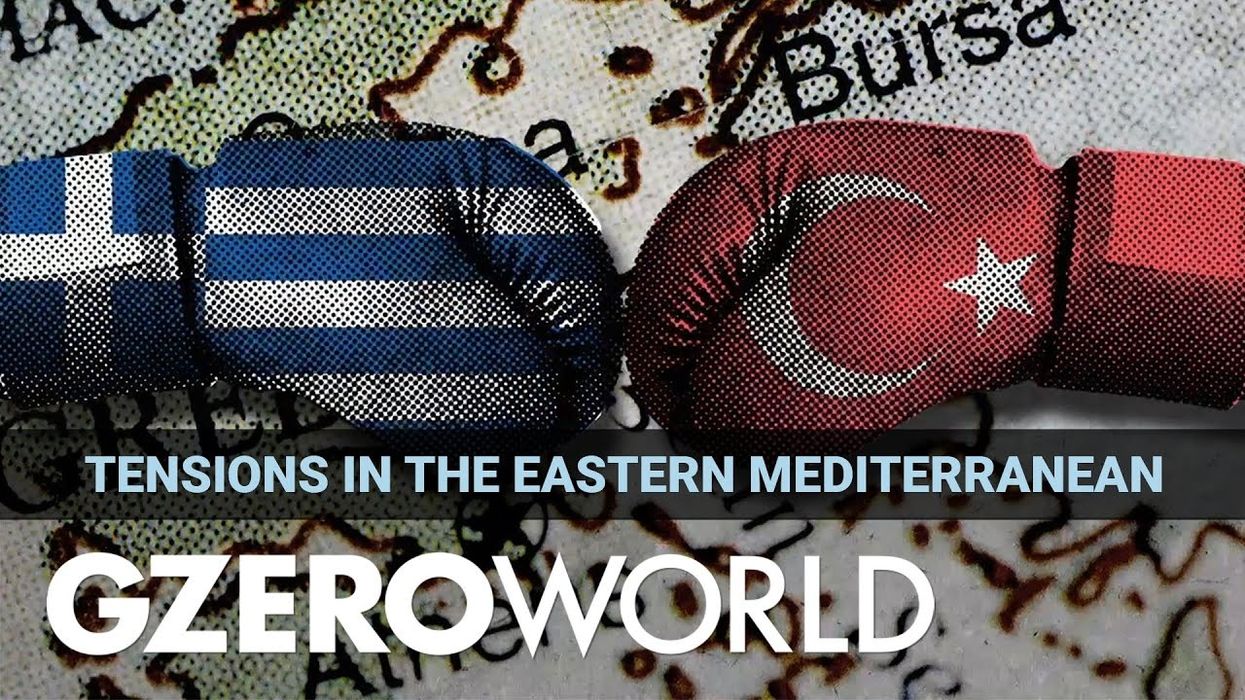GZERO World Clips
Is Turkey NATO’s “problem child?”
NATO Secretary General Jens Stoltenberg makes it clear how important Turkey is to the intergovernmental military alliance. But at the same time, he has some real concerns with how Turkey has been acting in recent years. At what point, though, would NATO consider kicking Turkey out of the alliance?
Nov 16, 2020
